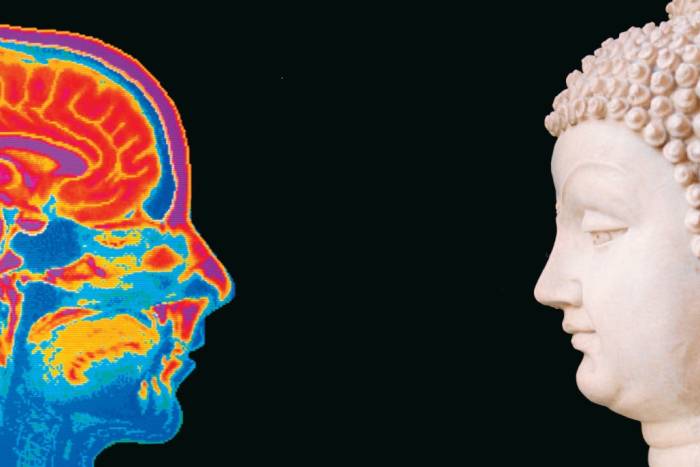Serge Gainsbourg and his Dangerous Version of La Marseillaise
The voice that has become synonymous with Paris (as much as Edith Piaf), had a curious encounter towards the end of the 1970s.
Serge Gainsbourg is still spreading joy with his songs (some even turn to his music to spice things up in the bedroom), but we must also mention that he managed to anger many French citizens. This is because in 1979 he re-wrote La Marseillaise, the French National Anthem, to the rhythm of reggae and gave it a new title: Aux armes et caetera.
The song was recorded in Kingston, Jamaica, and released in a homonymous album. But Gainsbourg did not expect his fellow countrymen’s haughty reactions. After the song was released, the singer received several death threats from individuals and nationalist groups, as well as soldiers who swore they would silence him if he dared to sing it publicly.
That was, more or less, what happened in the year 1980 during one of Gainsbourg’s concerts, in Strasbourg. A group of legionaries broke into the concert, threatening him (he was, after all, in the city where la Marseillaise was written). In an act that can only be described as amazing ingenuity and unique courage, Gainsbourg sang the original hymn a capella, chorused by the concert-goers and the legionaries.
As a matter of fact, the French Embassy’s website still mentions the controversy, as well as other cases in which the sacred anthem has been desacralized. Once, for example, President Giscard d’Estraing tried to give it his own “twist” by having it performed at a slower tempo, endowing it with greater solemnity. After a storm of protests, he was forced to return to the original orchestration by Hector Berlioz.
Gainsbourg, however, still had a trick up his sleeve.
A year after the Strasbourg incident, he partook in an auction in which he bought the original manuscript with the lyrics for the Marseillaise, written by Rouget de Lisle. In this manner, Gainsbourg publicly proved that his version was, in fact, closer to any other version that had ever been performed. In the original hymn of the barricades of the French Revolution, De Lisle did not repeatedly write the choruses of the song, instead he wrote: “et caetera, et caetera, et caetera”, which is Latin for “etcetera”.
Related Articles
Why shrinking the size of life is synonymous of well-being
One of the great misunderstandings regarding modern spirituality is that to achieve it requires many things: readings, food, exercise, travel, groups and techniques. But perhaps it should be suggested
What is energy medicine yoga?
Energy Medicine Yoga (EMYoga) is slightly different from other types of Yoga, but it provides the same benefits in addition to a few very specific ones. One of them is that it gives you much more in
Red tea, the best antioxidant beverage on earth
Red tea is considered to be the most unusual of teas because it implies a consistently different preparation process. ––It is believed that its finding came upon surprisingly when traditional green
Is the internet on the verge of self-awareness?
More than 50 years ago, Marshall McLuhan described technology as an extension of our brains, constantly mutating and branching out. “These new media have made our world into a single unit,” the
How art can help us to age, healthy
Perhaps many of us already well know the formula for aging in health and wellness. A balanced diet and, as much as possible, one that’s natural. Keep our brains active and stimulated. Preserve and
Earthanima: documenting the living language of nature
The basic intuition that the Earth is alive and that nature has a language through which it communicates with us is what prompted this wood-art project named Earthanima. For the past couple of years
Dialogue with the Dalai Lama on science and spirituality
The Dalai Lama has been interested in science since he was a child. Over the years he’s visited many laboratories and has attended conferences that discuss consciousness from the scientific point of
Brian Eno's literary recommendations to rebuild society
Artists and authors often get asked what books or records they’d take with them to a deserted island. On principle, this is naturally an extreme anthology: urgency and tragedy guide its selection. It
Bill Mollison, natural ideologue and father of permaculture
Permaculture has established itself as a path towards communitarianism, but one that is in full symbiosis with nature. In practice, it is more than just a combination of agriculture, horticulture
A New Year's resolution for the earth
Worrisome quantities of waste are generated by human populations. Especially in cities, these have reached unprecedented and alarming levels. A largely uncontrolled practice, it affects everything on










